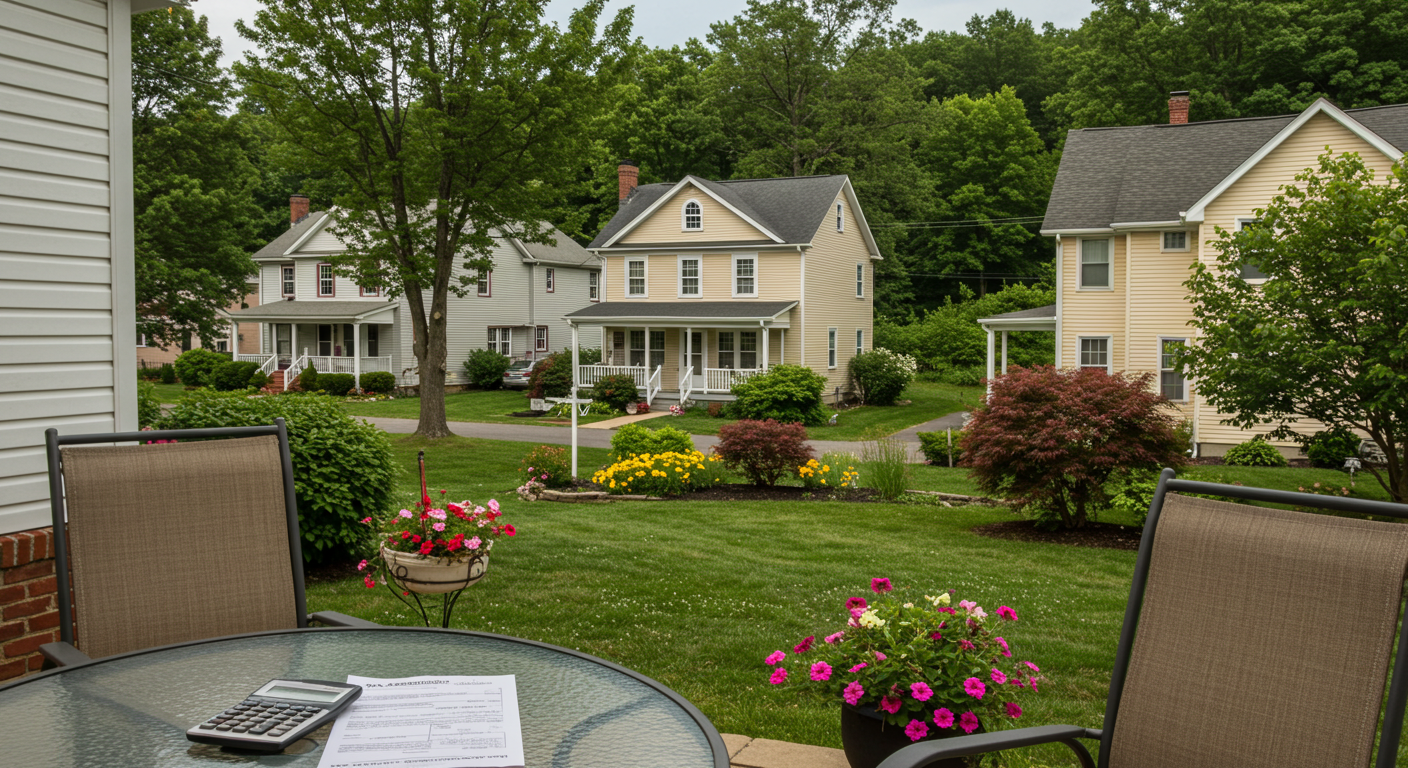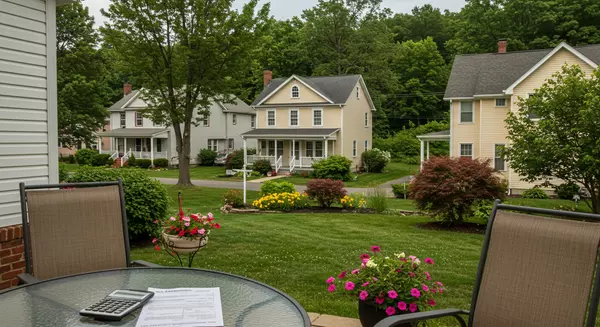Everything You Need to Know About Property Taxes in Central PA
Property taxes are one of those unavoidable aspects of homeownership that can catch buyers and sellers off guard—especially if you're relocating to a new area like Central Pennsylvania. Understanding how property taxes work, how they're calculated, and what to expect can help you plan smarter and avoid any unpleasant surprises down the road.

What Are Property Taxes, and Who Pays Them?
Property taxes are local taxes assessed by counties, municipalities, and school districts. These funds go toward maintaining public schools, emergency services, infrastructure, and other community resources. If you own a home, you’re responsible for paying these taxes annually, often in quarterly installments or via an escrow account tied to your mortgage.
How Property Taxes Are Calculated in Central PA
In Central Pennsylvania, property taxes are based on a combination of:
-
Assessed property value (determined by your local county assessment office)
-
Millage rates (set by the county, township, and school district)
Here’s how it works in basic terms:
Assessed Value × Millage Rate = Annual Property Tax Bill
For example, if your home is assessed at $200,000 and your combined local millage rate is 25 mills (or 2.5%), you’d owe about $5,000 annually in property taxes.
Key Counties in Central PA and Their Rates
Rates and reassessment schedules vary across counties like Dauphin, Cumberland, Perry, and York. Some counties reassess more frequently than others, which can affect your tax bill over time.
-
Dauphin County: Uses a base-year assessment system (currently based on 2001 values)
-
Cumberland County: One of the more tax-efficient areas with lower millage rates
-
Perry County: Typically lower assessed values, but fewer public services
-
York County: Larger school districts may lead to higher education-related taxes
Check your local tax office website for current millage rates and assessments.
Why Property Taxes Matter When Buying or Selling
Buyers should be aware of a property’s tax history, as it affects your monthly housing budget. A low asking price doesn’t always equal affordability if property taxes are sky-high.
Sellers should understand their property tax obligations at closing—unpaid taxes are typically prorated and settled at the time of sale.
Appealing Your Assessment
If you believe your property has been over-assessed, you have the right to appeal. This process usually involves submitting evidence (like a recent appraisal or comps) and attending a hearing with your local tax assessment board.
Final Thoughts
Property taxes are an essential part of the cost of homeownership, but they don’t have to be a mystery. At TeamPete Realty Services, we help buyers and sellers in Central PA understand the full picture—including what they can expect to pay in taxes.
Want help navigating homeownership costs? Contact our team and we’ll help you make sense of it all—no accounting degree required.
Categories
Recent Posts











